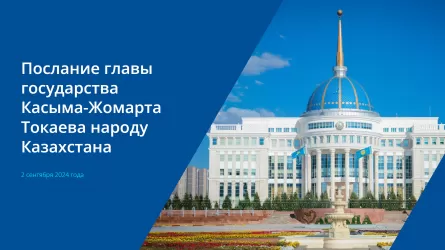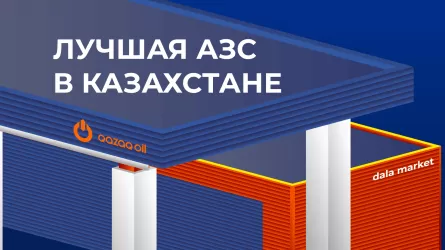In Karaganda, the Parliamentary faction of the Ak Zhol Democratic Party of Kazakhstan together with the Association of Entrepreneurs of Kazakhstan held a roundtable discussion on "Tax Administration in the new Tax Code". Participants discussed the approaches of the draft of the new Tax Code, including the issue of increasing the VAT rate from 12% to 16%.
As noted by the Vice-Minister of National Economy Azamat Amrin, a detailed analysis shows that the change in VAT rate does not have a direct relationship with the level of shadow economy.
-For example, in 2006, at the VAT rate of 15%, the level of shadow economy to GDP amounted to 19.8%, and the size of the shadow economy in trade - 2.7% to GDP. In subsequent years, the VAT rate was gradually reduced to 12%. However, the size of the shadow economy in trade increased every year and reached 9.2% to GDP in 2016. In 2022, with a VAT rate of 12%, the volume of shadow economy in trade amounted to 3.1% of GDP, - clarified the Vice-Minister.
In addition, an insignificant and one-step impact of the VAT rate increase on the inflation rate was noted.
-The increase of VAT rate up to 16% will not lead to deviation of inflation from the planned corridor. It will affect the inflation rate within 1 percentage point and will not affect agricultural goods. Since domestic agricultural producers enjoy favorable tax regimes. Given that in the structure of Kazakhstan's imports share of food products in 2022 amounted to 9.4%, the increase in VAT rate on imported goods will not have a significant contribution to inflation, - noted A. Amrin.
He also voiced the positive effects of increasing the VAT rate. These are strengthening the budget's ability to finance social obligations and strengthening the competitiveness of domestic goods.
-In our opinion, the increase in the burden on imported goods will enable our domestic producers, who enjoy tax benefits and subsidies, to increase their production to replace imported goods," said Vice-Minister of National Economy.
Moreover, local entrepreneurs voiced problematic issues, including tax administration, and application of the retail tax regime. The positions and suggestions of entrepreneurs will be taken into account in further work on the development of the new draft Tax Code.
Discussions on the draft of the new Tax Code will continue together with the public and representatives of the business community.















